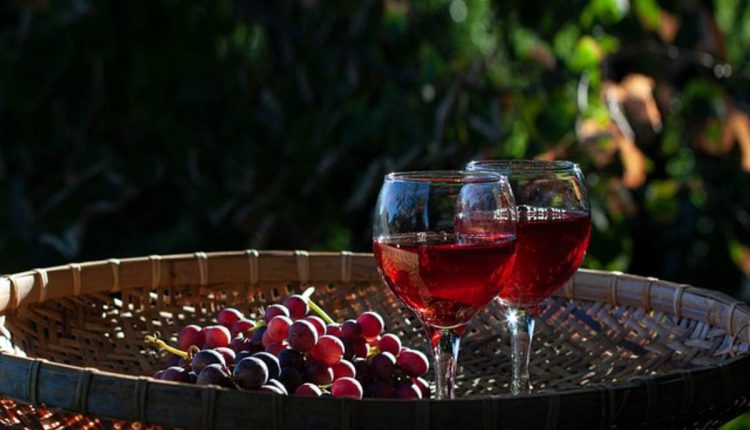The organic movement isn’t limited to the food industry, and consumers are increasingly choosing products that support a healthier planet and are made using sustainable and earth-friendly farming methods. That includes wine, and the natural or organic wine market is booming. As a result, winemakers are taking a closer look at the ingredients in their wines and making changes. Check out the Best info about High-Quality Organic Wines.
But organic wine’s a lot to unpack, from grape varieties to sulfite levels and even certification requirements. To make matters worse, not all organic wines are created equal. Many winemakers use organically grown grapes but then turn around and add non-organic chemicals to the winemaking process. This can be confusing for the average wine lover, especially when shopping in an eco-conscious store like Whole Foods or your local liquor/wine shop.
Fortunately, there’s an easy way to identify the best organic and natural wines: Look for the “organic” or “made with organic grapes” label. These wines have been certified organic by the USDA and must adhere to strict guidelines, including no synthetic pesticides or herbicides in the vineyard. The sulfite levels of these wines are also restricted, but they can still contain some naturally occurring sulfites.
For those looking for a higher-end product, look for the “biodynamic” or “dynamic agriculture” labels. These wines are organic and produced under strict biodynamic standards that prioritize the soil and terroir (the unique taste derived from where the grapes are grown). Biodynamic farmers employ practices that return nutrients and bacteria to the earth, which promotes healthy vines for future harvests.
Wine lovers who drink organic and natural wines also support smaller, family-owned wineries that rely less on big-box distributors and can focus more on quality. They also support regenerative farming practices that promote healthy ecosystems and healthy people. These sustainable winemakers have a deeper connection with the land and a better understanding of how their production techniques can affect the environment and the health of their communities.
As the organic wine movement grows, wine lovers must educate themselves on recognizing and choosing high-quality organic wines. By arming themselves with this information, they can make better wine choices and support small, family-owned wineries working to create a more sustainable and healthy world. By doing so, we’ll create a brighter future for all of us.
Read Also: Essential Parameters For Determining Water Quality


